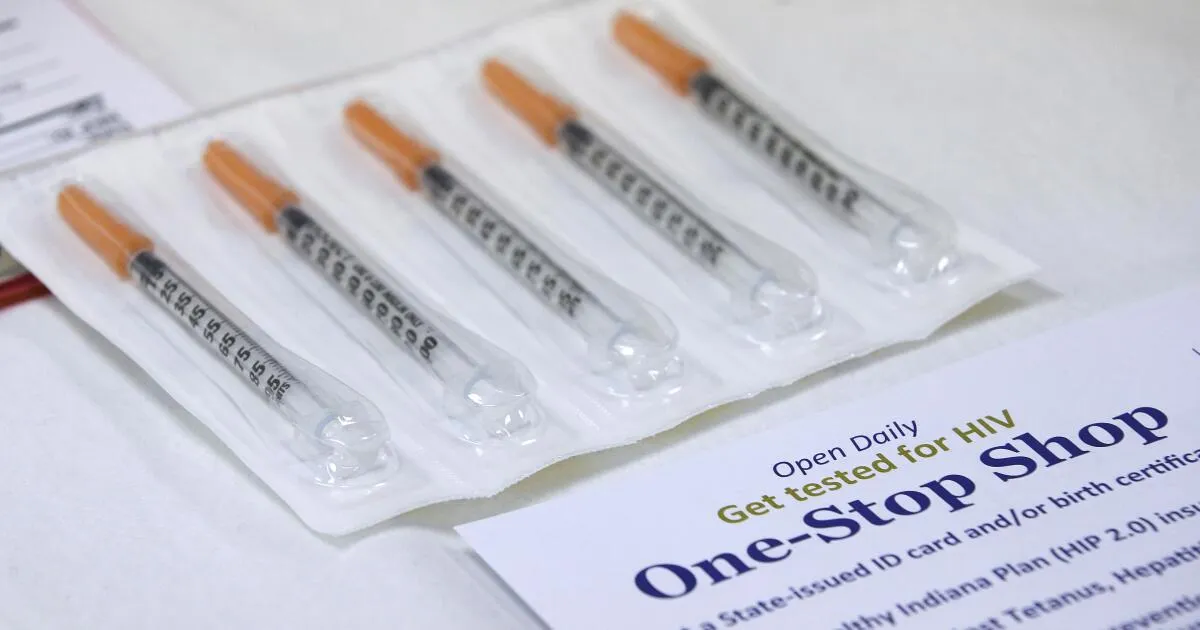
The Trump administration has officially lifted the freeze on federal funds designated for HIV prevention and surveillance programs, a decision prompted by significant outcry from various stakeholders, including HIV prevention organizations, health experts, and Democratic lawmakers in Congress. This critical funding restoration comes as a relief to many, particularly in the face of ongoing public health challenges.
The Los Angeles County Department of Public Health received notification from the U.S. Centers for Disease Control and Prevention (CDC) on Thursday, confirming an award of nearly $20 million for HIV prevention initiatives for the 12-month period beginning June 1. This funding marks an increase of $338,019 compared to the previous year, signifying a renewed commitment to combating HIV in the region.
Rep. Laura Friedman (D-Glendale) expressed her dissatisfaction with the previous freeze, stating, “Let’s be clear — the Trump administration’s move to freeze HIV prevention funding was reckless, illegal and put lives at risk. I’m relieved the CDC finally did the right thing — but this never should have happened.” This sentiment reflects broader concerns among health advocates regarding the implications of funding cuts for public health.
In a proactive measure, Friedman and other advocates for HIV prevention funding sent a letter to Health and Human Services Secretary Robert F. Kennedy Jr. last month. They warned that proposed cuts to these essential programs could reverse years of progress in the fight against HIV and lead to a surge in new infections, particularly in California and within the LGBTQ+ community. The letter referenced alarming estimates from the Foundation for AIDS Research (amfAR), which suggested that such cuts could result in an additional 143,000 HIV infections nationwide and 127,000 AIDS-related deaths over the next five years.
Los Angeles County, which was at risk of losing nearly $20 million in annual federal funding for HIV prevention, faced the potential termination of contracts with 39 providers. Experts warned that the dissolution of this network could lead to as many as 650 new HIV cases each year, pushing the annual total of new infections in the county to approximately 2,000.
A spokeswoman for the county’s health department expressed gratitude for the support received from the Board of Supervisors, the Los Angeles County Congressional delegation, and all community-based providers in advocating for the restoration of this Congressionally approved funding. She emphasized the importance of ongoing support, stating, “Looking forward, it is important to note that the President’s FY26 budget proposes to eliminate this funding entirely, and we urge our federal partners to support this critical lifesaving funding.”
In summary, the reinstatement of federal funding for HIV prevention programs is a vital step in safeguarding public health, particularly for vulnerable communities. As discussions around future budgets unfold, advocates remain vigilant in their efforts to ensure sustained support for these essential services.